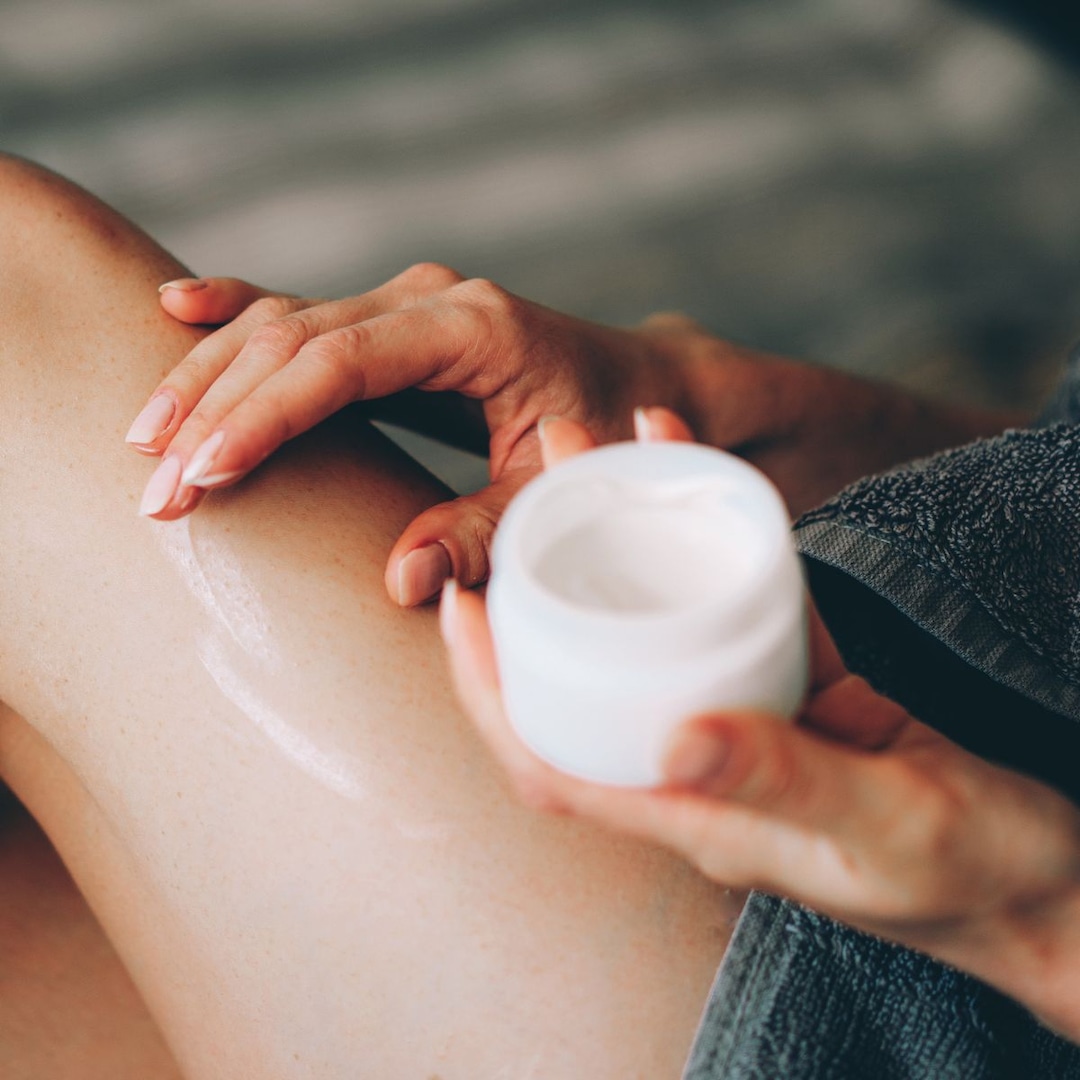Unlock the Editor’s Digest for free
Roula Khalaf, Editor of the FT, selects her favourite stories in this weekly newsletter.
Donald Trump is the first choice of just under half of likely Republican caucus goers, according to a new poll that underscores the former president’s dominance heading into the Iowa caucuses on Monday.
The poll, conducted for the Des Moines Register and NBC News by J Ann Selzer, is seen as the “gold standard” of opinion surveys in Iowa.
It found Trump had the support of 48 per cent of likely caucus goers, followed by former UN ambassador Nikki Haley with 20 per cent and Florida governor Ron DeSantis with 16 points. Biotech entrepreneur Vivek Ramaswamy trailed in fourth place, with 8 per cent.
The poll gives Trump an unprecedented lead heading into Monday’s caucuses, which will fire the starting gun on the Republican presidential nomination process and serve as an early test of the former president’s electoral strength among his party’s grassroots.
But the survey also gives a small boost to Haley, who for the first time jumped ahead of DeSantis, who has spent huge amounts of time and money campaigning in Iowa.
The poll comes as a blizzard and historic low temperatures have upended the final days of campaigning in Iowa and raised questions about how many voters will turn out on caucus night.
The Trump campaign cancelled several planned events in the Midwestern state over the weekend, with the former president stranded in Florida amid record snowfall and heavy winds in Iowa. DeSantis and Haley also pared back their schedules on Friday, but resumed most of their planned campaigning by midday on Saturday.
Trump arrived in Des Moines, the Iowa state capital, late Saturday, and will hold just one in-person rally in Iowa on Sunday afternoon.
On Saturday night, the former president participated in a livestreamed question-and-answer session with Brenna Bird, Iowa’s Republican attorney-general, who has endorsed him.
Trump said he “should . . . have a huge advantage” in Iowa, but admitted he was “worried” about the treacherous weather, adding: “I just landed in an aeroplane. It’s nasty out there . . . but it’s getting better.”

Trump and his allies have tried to temper expectations heading into the caucuses, aware that a closer than-expected finish could undercut the former president’s claim to being the party’s presumptive nominee.
But Trump has also doubled down on attacking his opponents in a last-minute bid to shore up support.
He tore into Haley on Saturday night, calling her a “globalist,” and saying she was “not strong enough to be president”.
In a social media post, he also slammed Ramaswamy for the first time, accusing him of “deceitful campaign tricks” and urging voters not to “get duped” and “waste” their ballots on him.
Many Iowa caucus veterans have questioned whether Monday night’s results could be affected by the extreme winter weather. Iowans are no strangers to snowfall and cold temperatures. However, the blizzard that blanketed the state on Friday and Saturday is set to be followed by record-low temperatures that will stretch into Tuesday.
The current forecast for Des Moines, the state capital, is for temperatures as low as -19 degrees Fahrenheit, or -28 degrees Celsius, on caucus night, and the National Weather Service has warned of “life threatening wind chills”.
That has raised questions about whether voters will turn out to participate in the caucuses, local meetings that take place at schools, churches and other public places across the state. There is no absentee, mail-in, or early voting at caucuses. Instead, voters must turn up at 7pm local time to discuss the candidates with their neighbours before casting their ballots in a process that is likely to take several hours.
“What it does for the overall turnout, I mean, nobody can forecast what the turnout is gonna be,” DeSantis told reporters at a last-minute stop to greet his campaign volunteers on Friday afternoon. “Anyone that tells you they can do that is not it’s not being honest. It’s a major wild card.”

Dennis Goldford, a political-science professor at Drake University in Des Moines and an expert on caucuses, said that on the one hand, the bitter cold could deter older voters and voters in rural areas — two key sources of Trump’s support — from turning out.
“On the other hand, the most avid, the most enthused, the most activated folks will turn out come hell or high water — or icebergs,” he added, noting that Trump’s supporters have historically shown unparalleled enthusiasm for their candidate.
Goldford pointed out, however, that Trump’s biggest vulnerability could simply be his supporters’ belief that his win is guaranteed and there is no need for them to caucus.
“Trump is more worried about failing to meet expectations,” Goldberg said. “The expectations have been set sky high.”


























































![Mason Ramsey – Twang [Official Music Video] Mason Ramsey – Twang [Official Music Video]](https://i.ytimg.com/vi/xwe8F_AhLY0/maxresdefault.jpg)






















